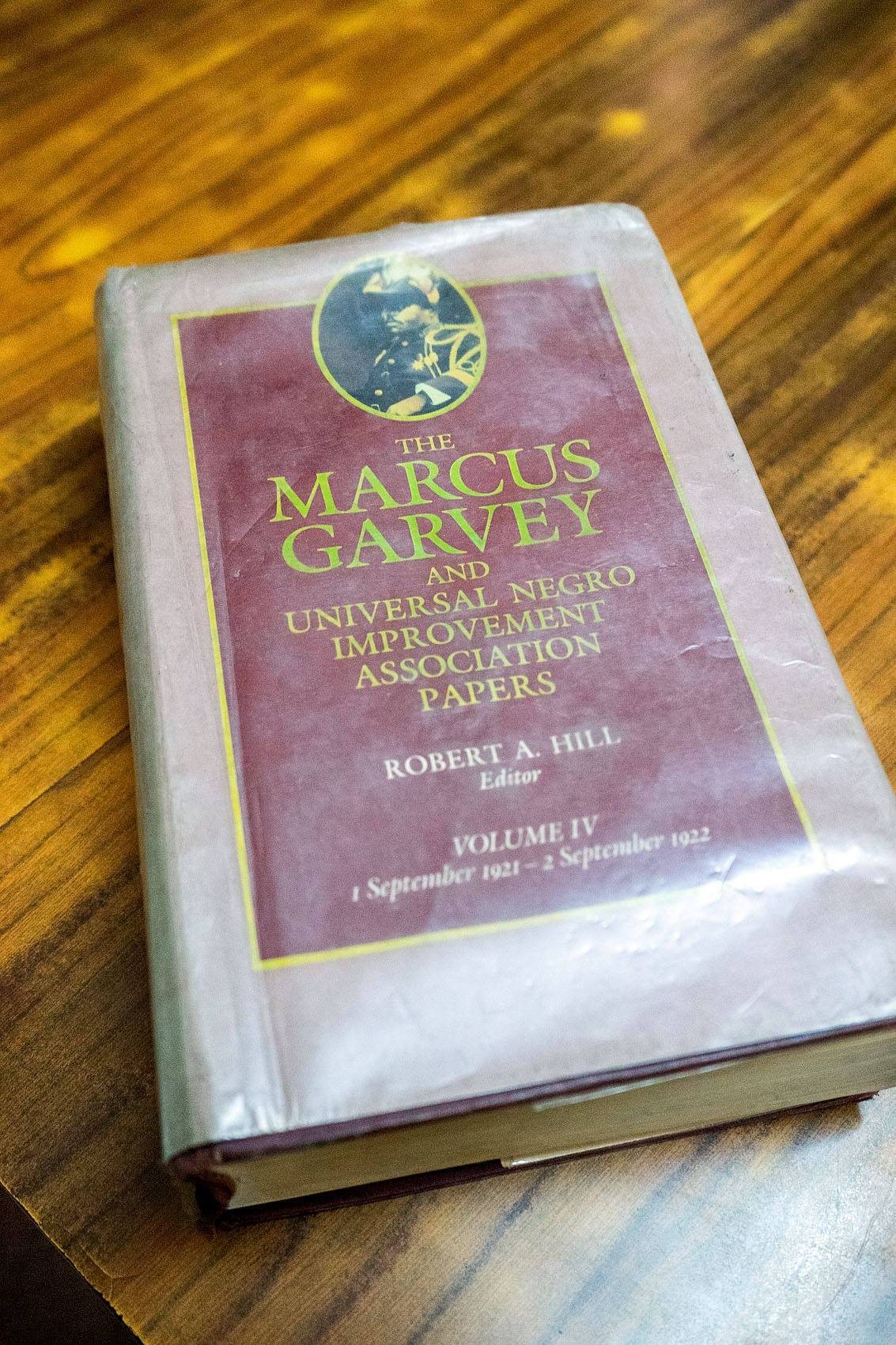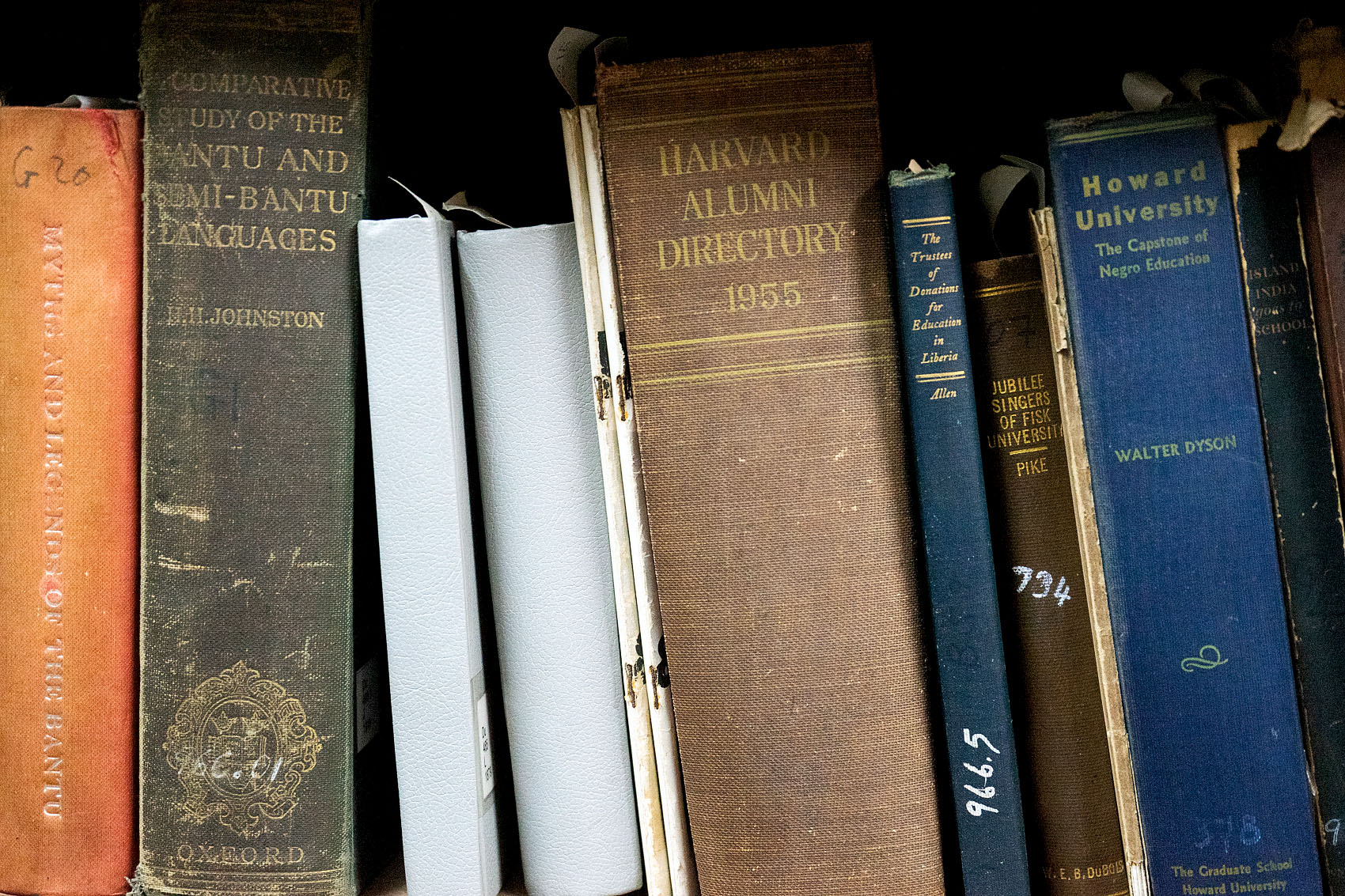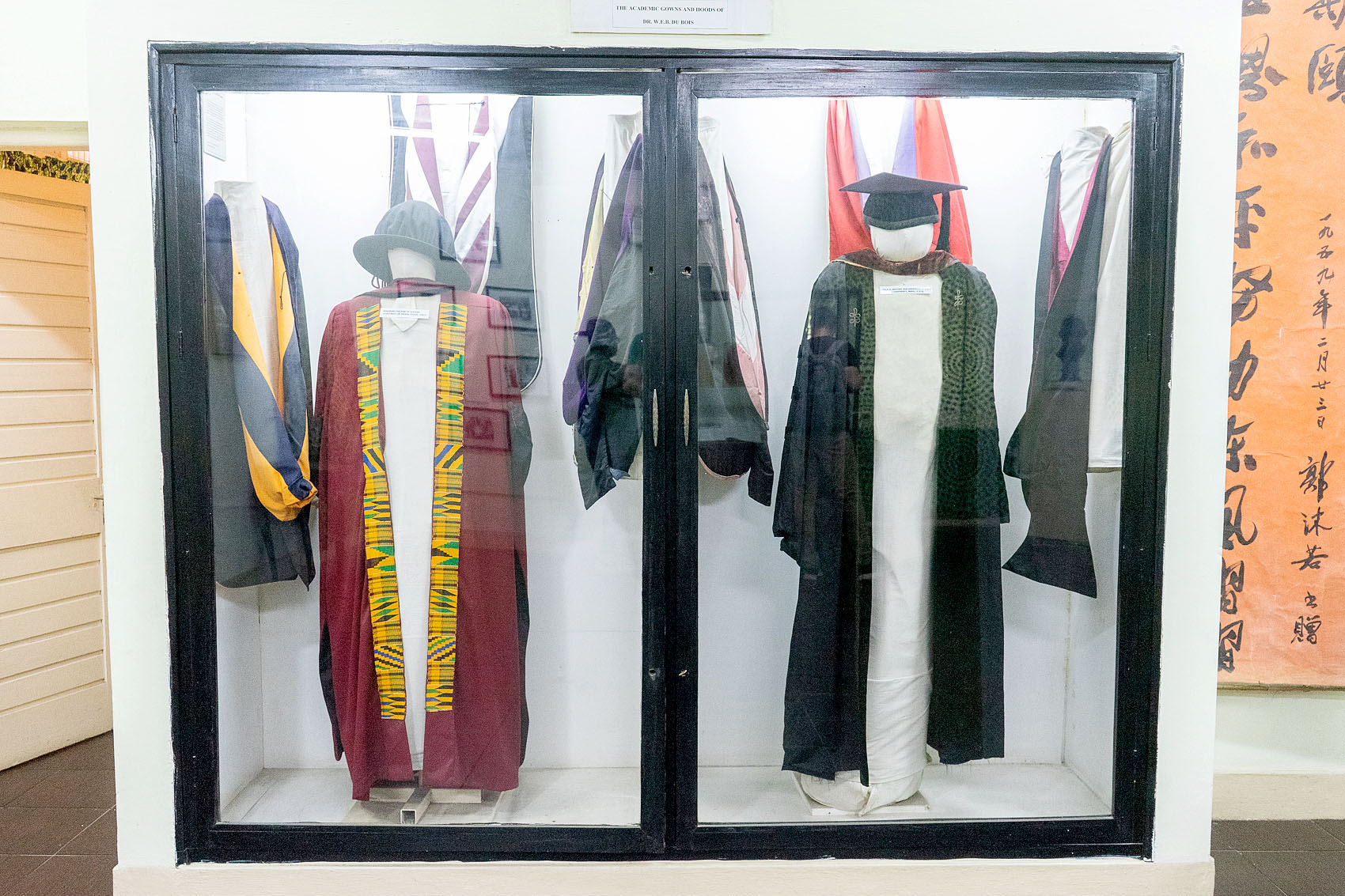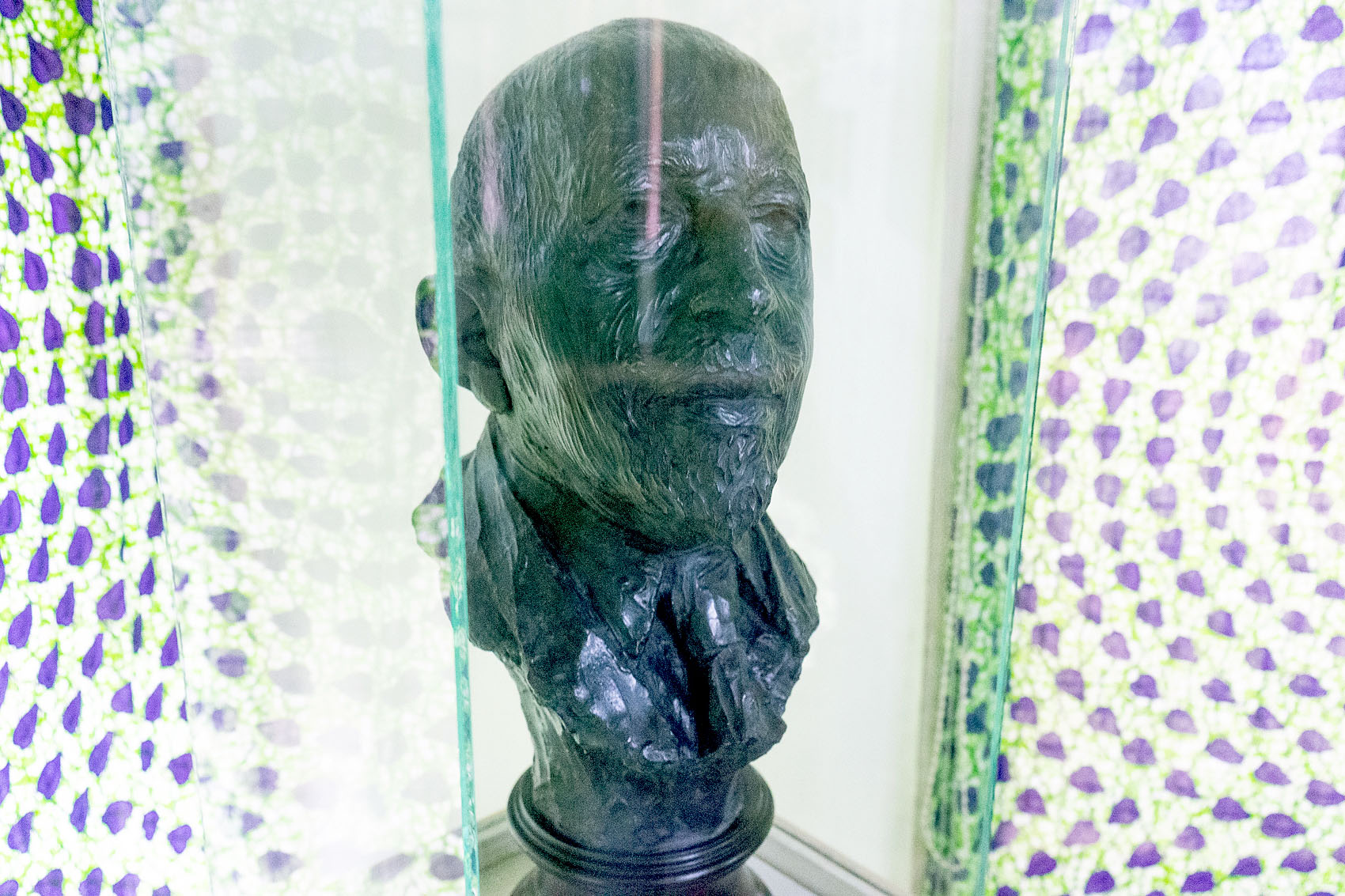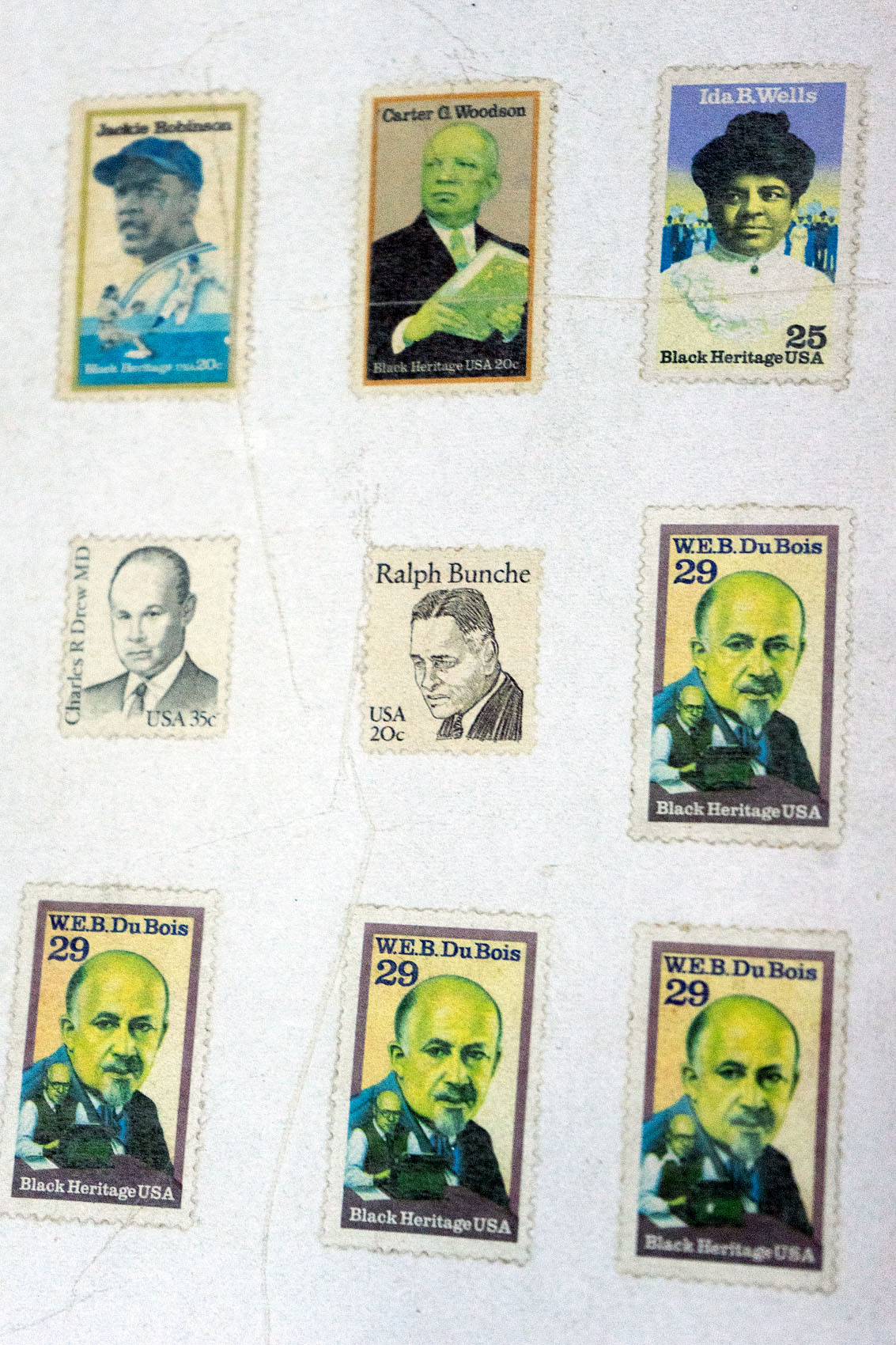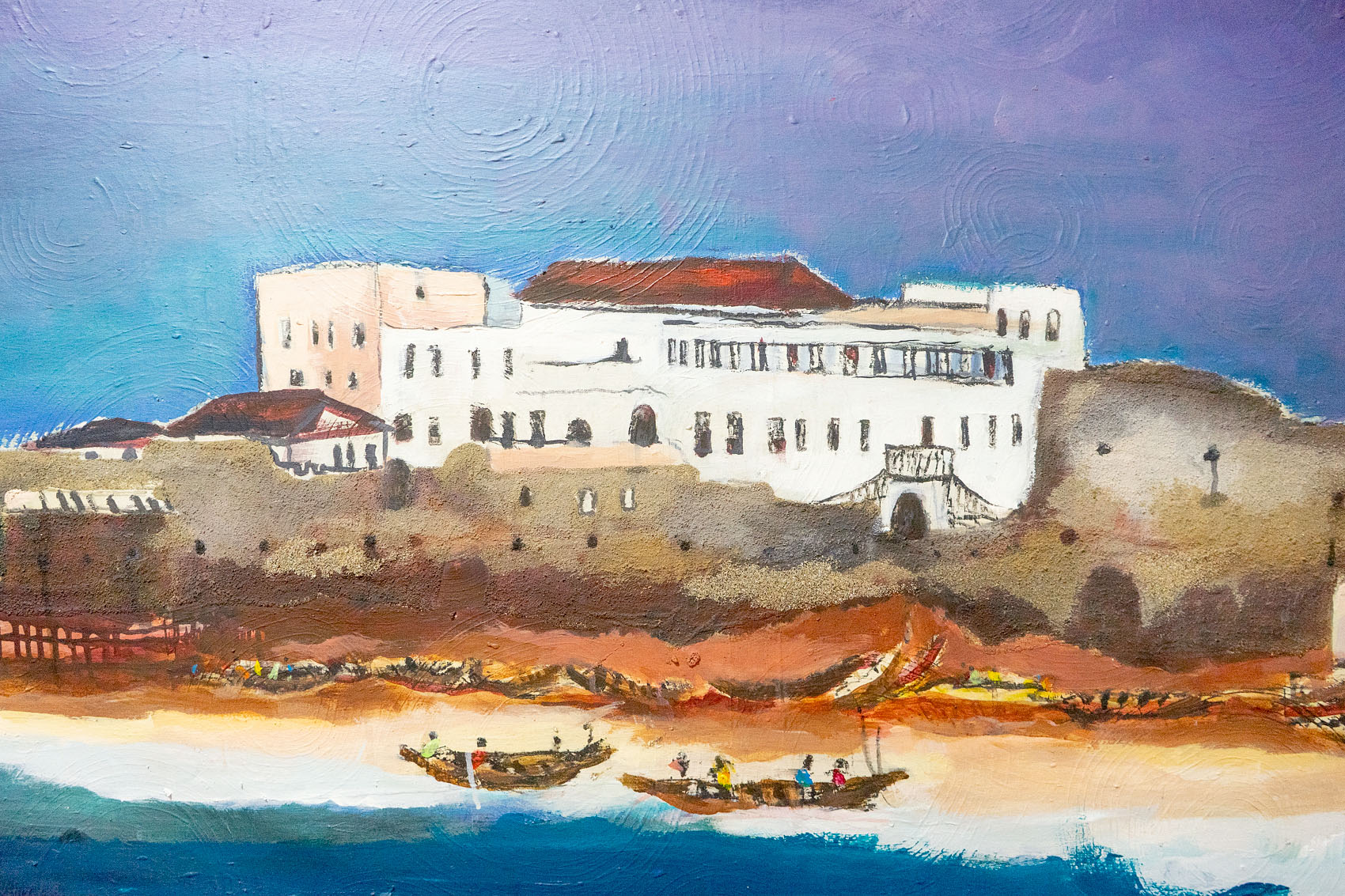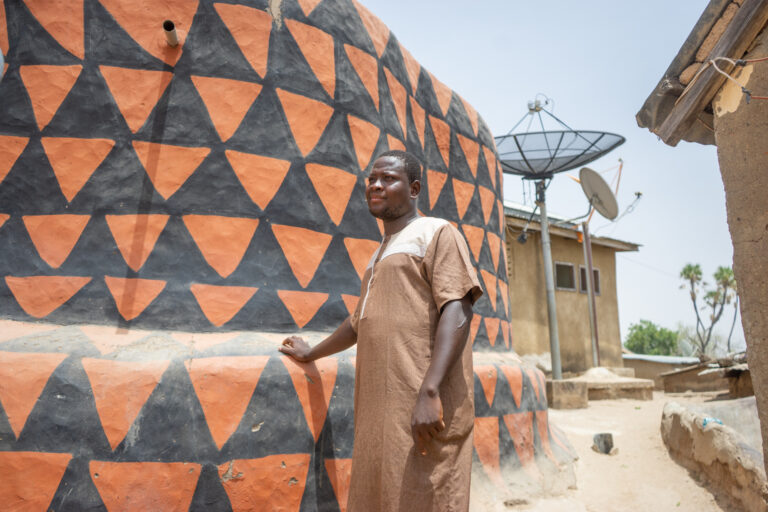W.E.B. DuBois Center
The American scholar and author William Edward Burghardt DuBois spent the last two years of his life in Ghana, having been invited to return to Africa by Kwame Nkrumah, to work on the Encyclopedia Africana. We visited the house in which he lived, and which now serves as his mausoleum.
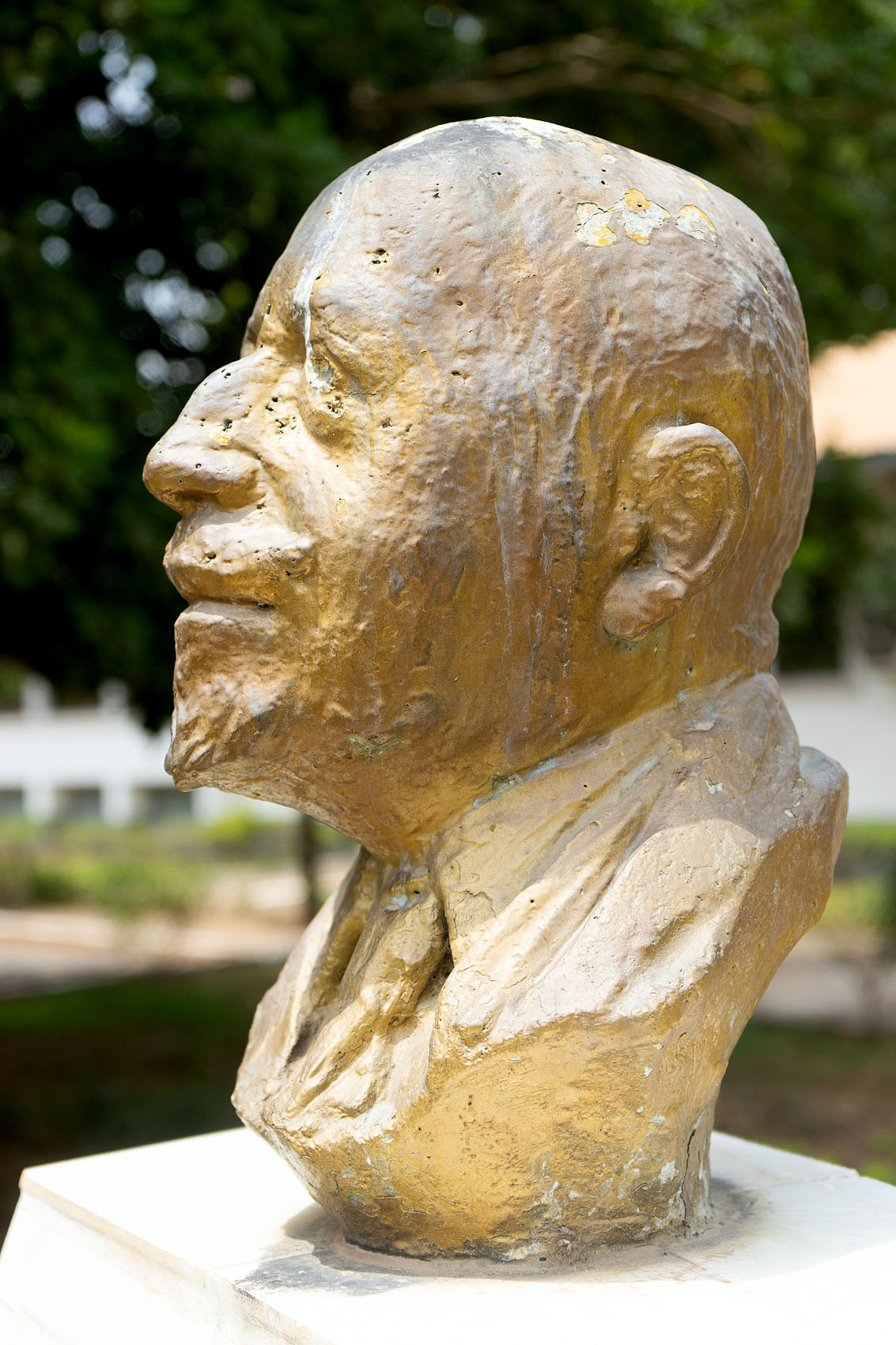
DuBois was born in Massachusetts, but studied and worked in many places throughout the world, including Berlin, Philadelphia, and Wilberforce, Ohio. He was the first black graduate of Harvard University, and one of the founding members of the NAACP. A leading figure in the Pan-Africanism movement, he organized conferences and argued for the independence of African states from colonialism. In 1903 published The Souls of Black Folk, a collection of essays considered to be among the most important works in African-American history.
Just as had happened to Marcus Garvey, DuBois became a target of the FBI and the McCarthy-era hunt against communism. He was put on trial for being the chairman of the anti-nuclear weapon Peace Information Center, which the government claimed to be a foreign plot. The trial was a farce, and dismissed before the jury could reach a verdict. But the constant attacks against his character and reputation had taken a toll, so one of America’s greatest minds accepted an invitation to Ghana, becoming a citizen of the new country at the age of 93. He would die two years later.
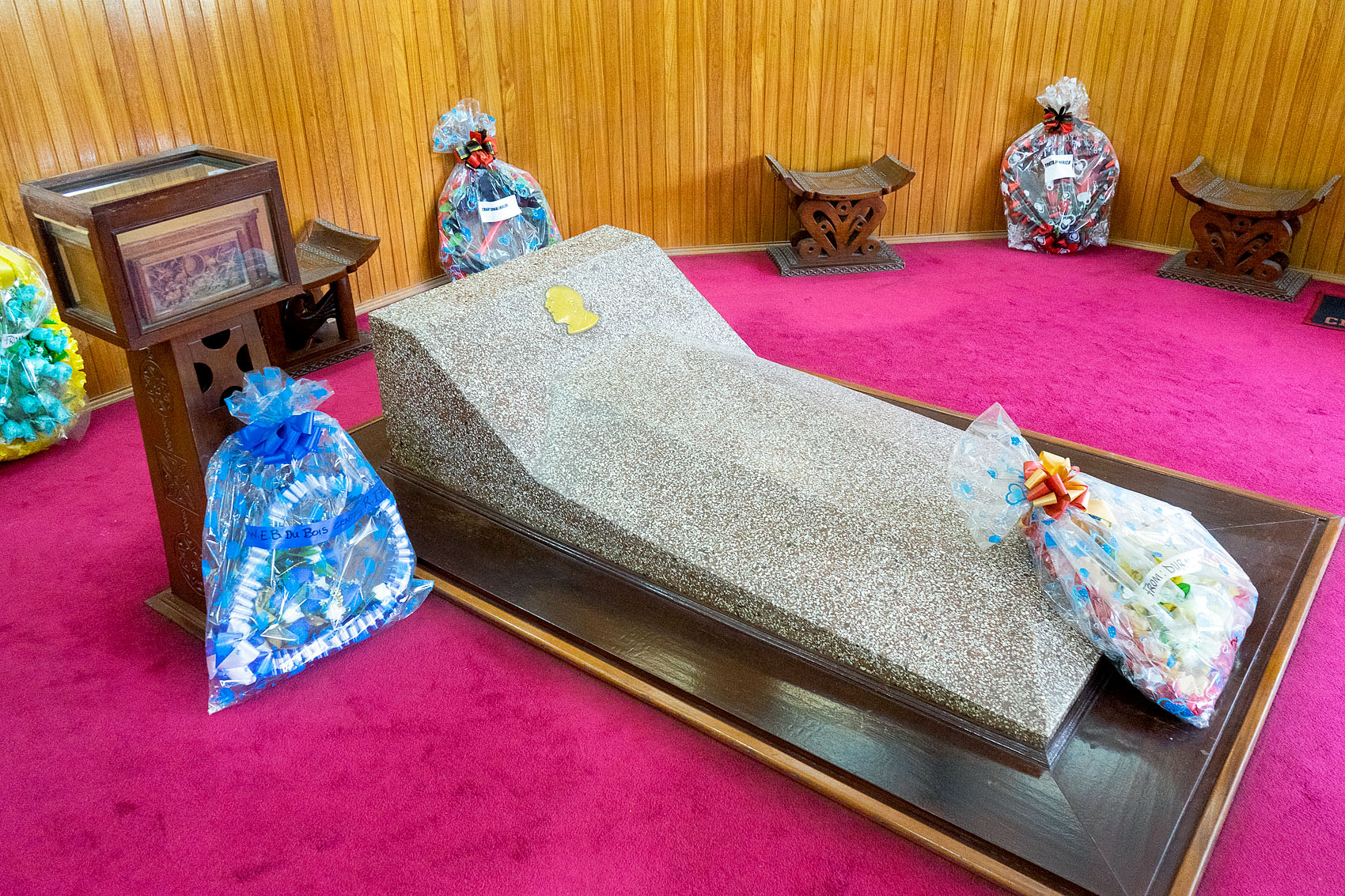
DuBois’ house in Accra has been preserved, and converted into a museum. Inside, you can see his impressive library, which had been shipped over from the USA, along with his graduation gowns, gifts from foreign leaders, and the beginning of his work on the Encyclopedia Africana. It’s a small house, but wonderfully laid out, with a pleasant breeze that’s difficult to find in Accra. Outside, there’s a spacious garden, along with his mausoleum. The remains of his wife, whose wish it was to be cremated, are found in a small box next to his grave.
I’m getting the distinct impression that the greatest heroes of America’s black community are more appreciated in Africa, than they are in their own country. I felt ashamed for not knowing more about W.E.B. DuBois… I wasn’t aware, for example, that he taught for years in Xenia, so close to my own Ohio town. Of course, I can only learn what I’m taught… and in terms of the black struggle for equality, I think America has a lot more teaching to do.

